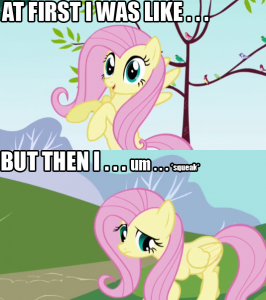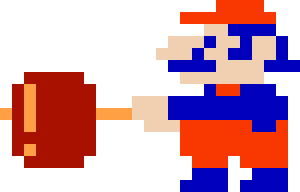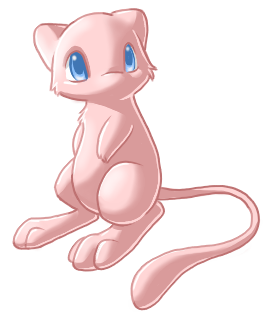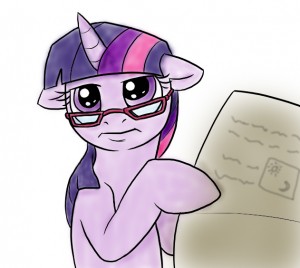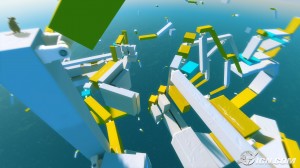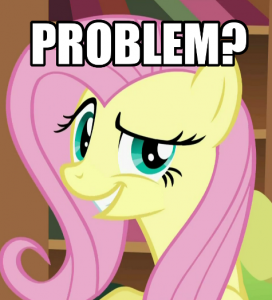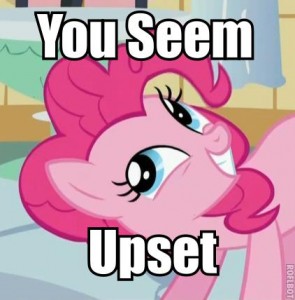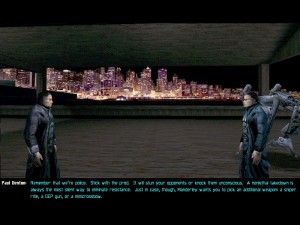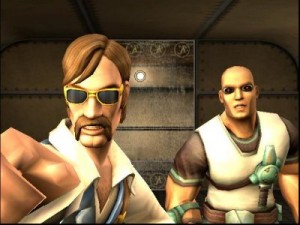If we’re going to improve videogames, then we need to do something which might seem a bit counterintuitive – we need to look at games which got it wrong. Que? Don’t we need to look at what went right and emulate it? Well sure, but we also need to look at what went wrong, and why. Sometimes this is very obvious, of course, and needs very little investigation. A game with a bad control scheme is always going to suffer, for example, regardless of the rest of its merits. More interesting, perhaps, is to look at games which fall into that very broad, but very overlooked, category of “Yeah it’s not bad I guess”. Mediocre, average, adequate, the games which don’t get many people excited, don’t do anything too amazing, and you probably won’t want to buy new but when you find it cheap a couple months later, won’t necessarily be a bad purchase.
For me, Spore is a first-class example of a second-class game. It had all the ingredients for being a classic; a legendary designer, a man who has literally invented a genre; his development studio, Maxis, responsible for some all-time greats, as we have discussed on this very blog; and that video from 2005, the video, the one which got us all so ridiculously excited.
This. Looked. Awesome.
And Spore, in the end? Spore was a much less interesting game. It looked like it was going to revolve around evolution and development in a really meaningful, enjoyable sense – you would experiment to figure out what worked, you would have different things that were beneficial depending on what kind of critter you were building, all sorts of things like that. Vehicles would have utility depending on how you shaped them, and buildings might to some extent as well. None of this was true, at least not beyond the cellular stage, where placement of parts did make a difference, and gave us a taste of what we were hoping for.
Then it all came crashing down. Your creature’s strengths and weaknesses weren’t determined by the design at all, just by the stats of the body parts you acquired. Which wouldn’t have been a bad compliment to the designing by itself, but replacing it wholesale? Nope. Oh, and the huge, cohesive world which it seemed like we would have to roam and explore and hunt over, with a dynamic ecosphere? In actuality other creatures just hang out near their nests, in groups of 10-15, and do nothing beyond that. The tribal stage was much the same. Rather than the Populous-esque experience which we were hoping for, it was a very simplistic, very easy affair. Not high crimes in itself, again, but contrasted against the potential, thoroughly disappointing. This is after all Will Wright we are talking about. And how we awaited the City/Empire stage! Oh my, this was going to rock. A cross between SimCity and Civilization! Who among us hasn’t dreamed of such a thing? But alas, t’was not to be. The design by this point had become completely aesthetic. Even the cursory customization of the previous stages was essentially gone now. There were no items to add to increase your buildings’ durability, for example, or to make them produce more money, or anything like that. The city building aspect was merely a simple puzzle game, revolving around where to place buildings in the grid. The empire was hardly more developed, though at least they made the concession of having different ways to take over other cities. Did I mention that once you reach a certain point you can just hit a magic button and win the stage?

Then you go to space. Space, space, space. It was always billed as the top dog of the Spore stages, the thing which everything else was building up towards. So maybe it was okay. We can take it, the other stages aren’t really bad, they’re just not great, not what we were hoping for. Well clearly they spent all their time on the Space stage, making it the best it could be, right? … right? Guys?
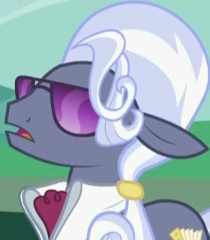
Well, it is big, at least. The space stage in Spore is massive, that can’t be denied. If only there was much to do in it. If only terraforming was an interesting and involved process that was at least somewhat different according to each world’s unique situation. If only you could go and do stuff without being called back to deal with a crisis every ten minutes. If only the design of your spaceship mattered. If only you could make choices between speed, fuel, armaments, armor, etc. If only, if only, if only. And that’s really the story of Spore – taken by itself it’s not a bad game. What is there is fun enough to play a bit of, and the designing is at least visually engaging and somewhat enjoyable, even if not consequential. But even without Maxis, without Will Wright, without that video presentation, the potential is so clear, and it falls so far short. The end result is an extraordinarily shallow experience, which has very very little replay value, in a setting which feels exactly the opposite of what was hoped for – it’s not a big dangerous world you must struggle to adapt to and overcome, it’s a world designed specifically for you to play around in. Which would be fine if there was a lot for you to DO, except the sandbox is so lacking in sand, or a bucket and spade, and I think the cat peed in the corner of it. Now I accept that hype is playing a part here, it can’t not, but that only raises the question of why they thought moving so radically away from the GDC ’05 model was a good idea. Before Spore came out everyone was going berserk over that video.
So yeah, Spore: There’s a reason I list it as my most disappointing game ever. Which again, is not to mean worst – it’s worth picking up if you come across it for a few bucks, and it’ll keep you entertained for a few hours quite happily, maybe more depending on how you take to the designing stuff. But for me, for what I was hoping for? It falls so far short I don’t even know quite how to express it. It really breaks my heart to see something with so much potential fall so far short.


